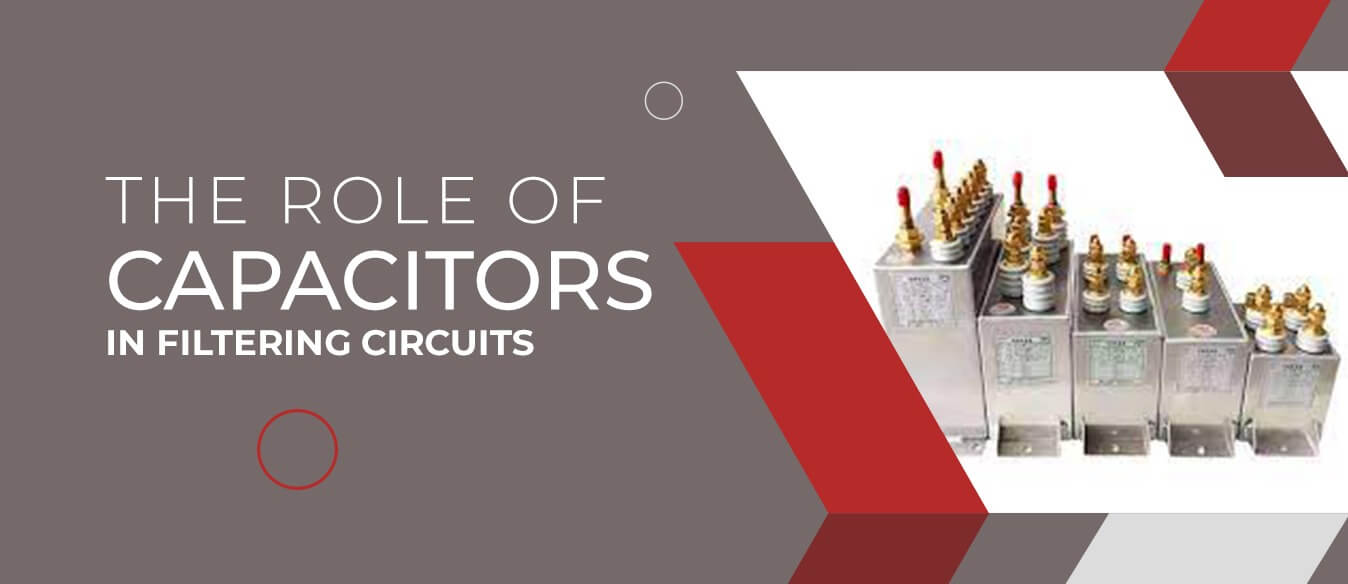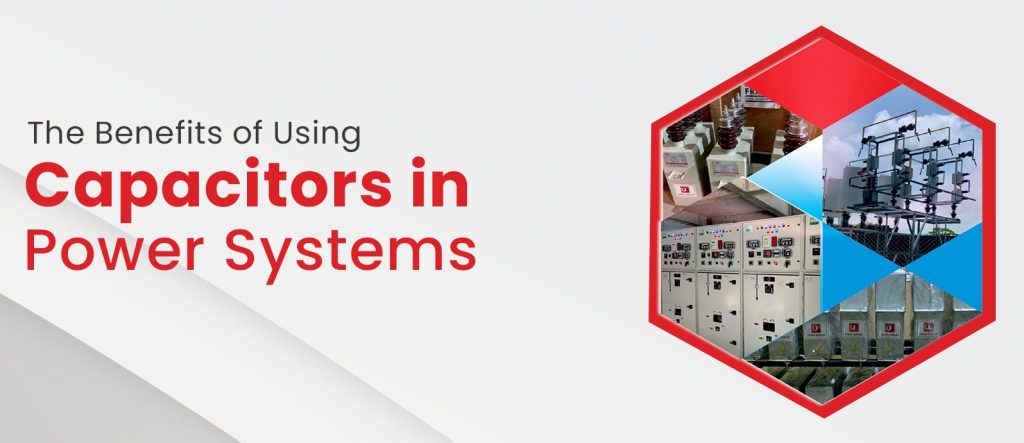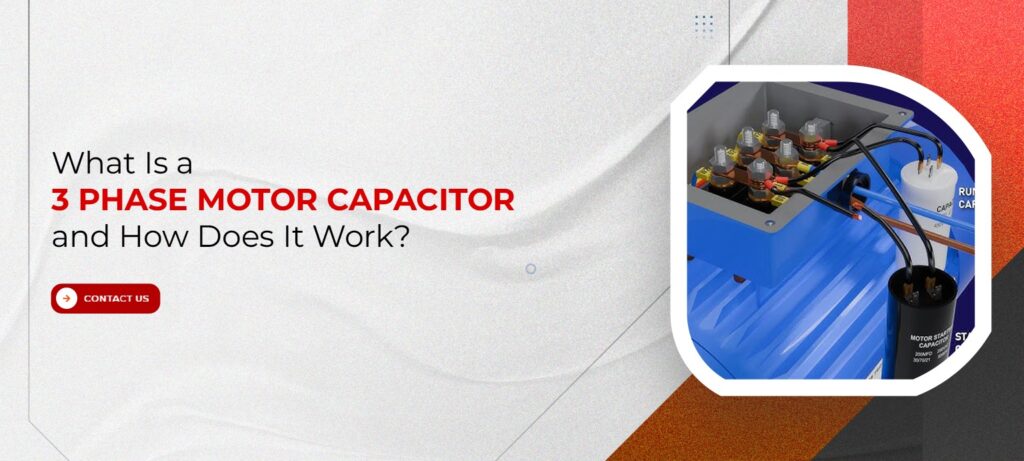Capacitors are one of the most commonly used components in electrical circuits, especially in filtering circuits. They play a vital role in controlling and managing the flow of electrical energy within a circuit. In this blog post, we will explore the importance of capacitors in filtering circuits and understand how they work to filter out unwanted signals and noise.
Understanding Capacitors
Before diving into the role of capacitors in filtering circuits, let’s first understand the basics of capacitors. A capacitor is a two-terminal electronic component that stores and releases electrical energy. It consists of two conductive plates separated by a dielectric material. When a voltage is applied across the plates, it creates an electric field that stores energy in the form of an electrostatic charge.
Types of Capacitors
There are different types of capacitors available, each with its own characteristics and applications. Some commonly used capacitors in filtering circuits include:
- Ceramic Capacitors: These capacitors are small in size and are suitable for high-frequency applications. They have low capacitance values but offer high stability and low cost.
- Electrolytic Capacitors: Electrolytic capacitors have large capacitance values and are used for filtering low-frequency signals. They are polarized, meaning they have positive and negative terminals, and must be connected correctly in the circuit.
- Film Capacitors: Film capacitors are known for their stability and reliability. They are available in various dielectric materials, such as polyester, polypropylene, and polystyrene, making them suitable for different applications.
Role of Capacitors in Filtering Circuits
Filtering circuits are used to remove or attenuate unwanted signals and noise from a desired signal. Capacitors, when coupled with other components, play a crucial role in achieving this filtration. Let’s explore two commonly used filtering circuits:
- High-Pass Filter: A high-pass filter allows high-frequency signals to pass through while attenuating low-frequency signals. In this circuit, a capacitor is connected in series with a resistor. The capacitor blocks the low-frequency signals by offering high impedance to them, while allowing high-frequency signals to pass through due to its low impedance. This way, the unwanted frequencies are filtered out, and only the desired high-frequency signals are allowed to pass.
- Low-Pass Filter: A low-pass filter, as the name suggests, allows low-frequency signals to pass through while attenuating high-frequency signals. Here, a capacitor is connected in parallel with a resistor. The capacitor offers low impedance to low-frequency signals, allowing them to pass through, while blocking high-frequency signals by offering high impedance. This way, unwanted high-frequency signals are filtered out, and only the desired low-frequency signals are allowed to pass.
Benefits of Capacitors in Filtering Circuits
The use of capacitors in filtering circuits offers several benefits, including:
- Signal Conditioning: Capacitors help in conditioning the desired signals by removing any unwanted noise or interference. This ensures that the output signal is of high quality and suitable for further processing.
- Frequency Selection: By choosing appropriate values for capacitors in filtering circuits, it is possible to selectively filter out specific frequency ranges. This allows for targeted filtering and customization based on the application requirements.
- Improved Circuit Performance: Capacitors help in stabilizing the circuit operation by providing smooth voltage transitions. They prevent voltage spikes and fluctuations, thus enhancing the overall performance and reliability of the circuit.
The Bottom Line
In conclusion, capacitors play a crucial role in filtering circuits by allowing the desired signals to pass through while filtering out unwanted signals and noise. They are essential components for signal conditioning, frequency selection, and improving circuit performance. Understanding the different types of capacitors and their characteristics is crucial for designing effective filtering circuits. With their versatile applications and benefits, capacitors continue to be an integral part of modern electrical systems and electronic devices.
If you are in search of high-quality capacitors, Usha Power is the ideal choice. At Usha Power, we take pride in providing our customers with high-quality capacitors. Our products are designed for reliability and longevity, ensuring that you get the best value for your investment. We understand the diverse needs of our customers and offer a wide range of products to meet those needs. Choose Usha Power for all your capacitor requirements and experience the difference that quality makes.





